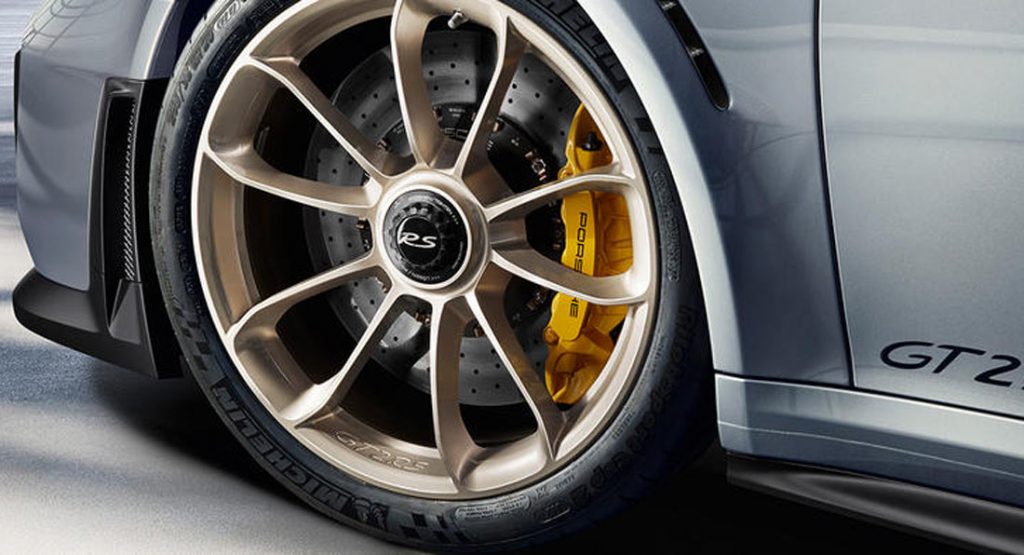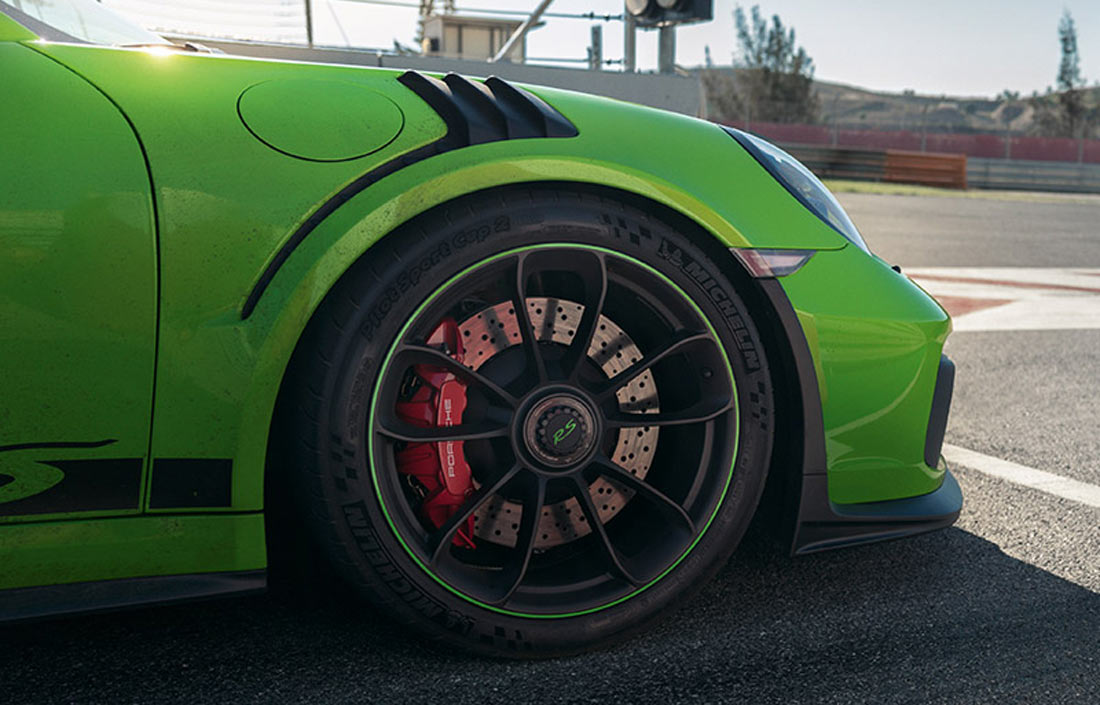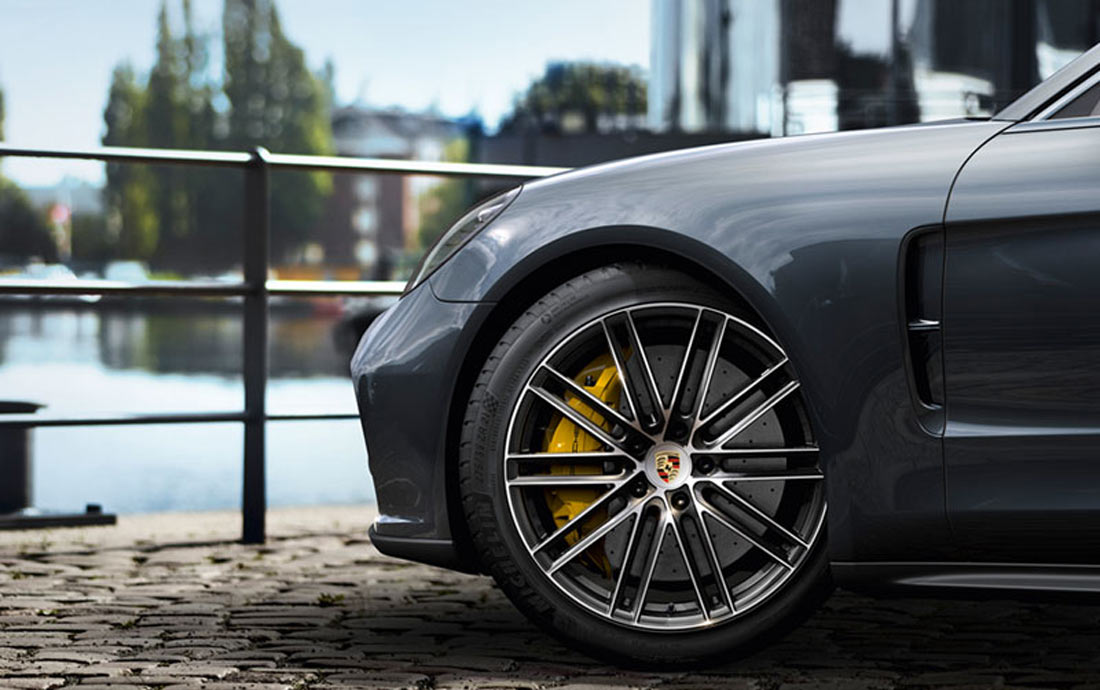Contrary to one might have thought, Porsche has admitted that its expensive carbon ceramic brakes aren’t suited to certain scenarios, so a number of owners should consider sticking with the standard iron discs.
Carbon ceramic brakes have become increasingly popular in the last decade or so and can be useful for track work as they can run through multiple heat cycles without fading. However, they are extremely expensive and degrade over time.
Speaking with Which Car during the recent launch of the 992-generation Porsche 911, Porsche Australia veteran technical representative Paul Watson says the automaker recommends iron discs for those that like track days.
“Yes, ceramic discs can degrade if you’re hard on the brakes. Heat build-up will degrade the carbon fibers in the disc, so if you’re doing club days we’d always recommend iron discs,” Watson said.
When quizzed about how long a set of Porsche Ceramic Composite Brake discs should last, Watson admitted that Porsche initially told customers they would last longer than they actually do.
“We learned that lesson a long time back. When we first launched the discs, we told people they’d last virtually for the life of the car and people were doing a number of trackdays and coming back to us saying ‘I’ve worn them out’”, he said.
According to Watson, Porsche’s target audience for its carbon ceramic brakes are those that don’t like cleaning their wheels because these brakes “don’t leave a build-up of brake dust.”
Those looking to add a set of carbon ceramic brakes to a 992-gen 911 need to part ways with $8,520. The PCCBs were a $9,210 option on the previous-generation 911 GT3. Which, by the way, is supposed to be a hardcore version which you should be able to enjoy on the track too.
So, before you go all wild on the options’ list, bear in mind that if you don’t mind cleaning your lovely alloys, iron discs are the way to go and paying an extra $8.5k for PCCBs is not advised if you intend to take your Porsche to the track. You have been warned.





